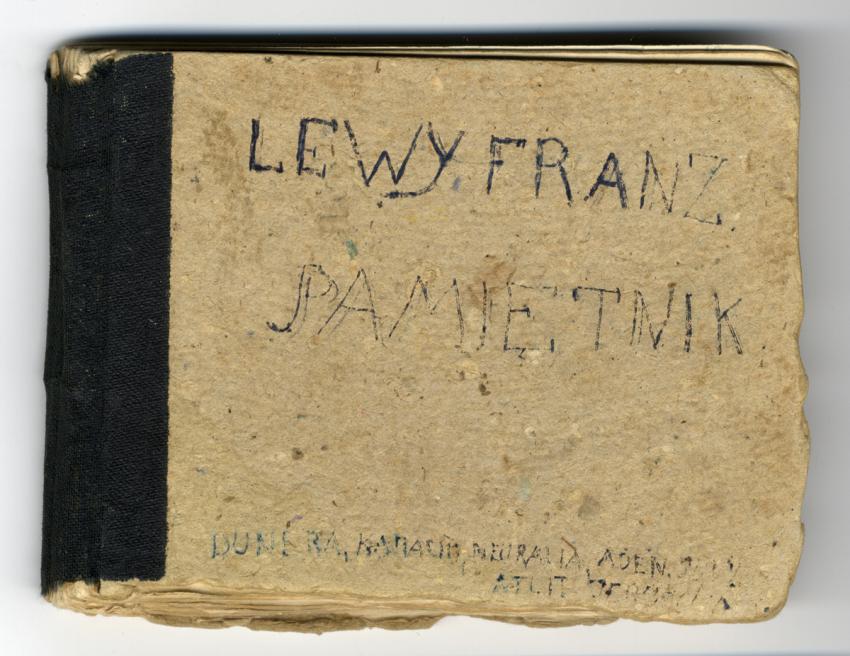When World War II broke out, some 300,000 Jews fled east from Poland to the interior of the Soviet Union. The refugees who refused to accept Soviet citizenship were deported, along with thousands of non-Jewish Polish citizens, to Siberia where they were held in Soviet work camps. In the period before the German invasion of the Soviet Union in the summer of 1941, over half of the deportees died as a result of the harsh conditions of disease, starvation and cold.
After the signing of an agreement between the Polish Government-in-Exile and the Soviet government in July 1941, tens of thousands of Polish refugees in the Soviet Union were allowed to join the Polish forces led by General Anders. Although there was opposition to allowing Jews to enlist, many were able to join, particularly doctors or those with occupations required by the army. The families of the recruits migrated with the army via the Caspian Sea to Persia (Iran), then under British Army authority. Some of the units were sent via Eretz Israel to Italy to join with units fighting under British command at the front.
As part of this migration approximately 1,800 Jews arrived in Tehran, among them some 1,000 children. Many of these children were orphans, having lost their parents during the long and arduous trail through the Soviet Union. In Tehran, adult Jewish refugees set up an orphanage with the help of the local Jewish community, and emissaries from Eretz Israel took charge of managing the project.
By January 1943, the Jewish Agency had procured a ship and immigration permits from the British Mandate authorities, so the children and their escorts traveled to Karachi, India (today Pakistan) and sailed from there to Suez in Egypt. On February 18, 1943 the “Tehran Children” traveled by train to Atlit and their long journey to Eretz Israel was finally over.
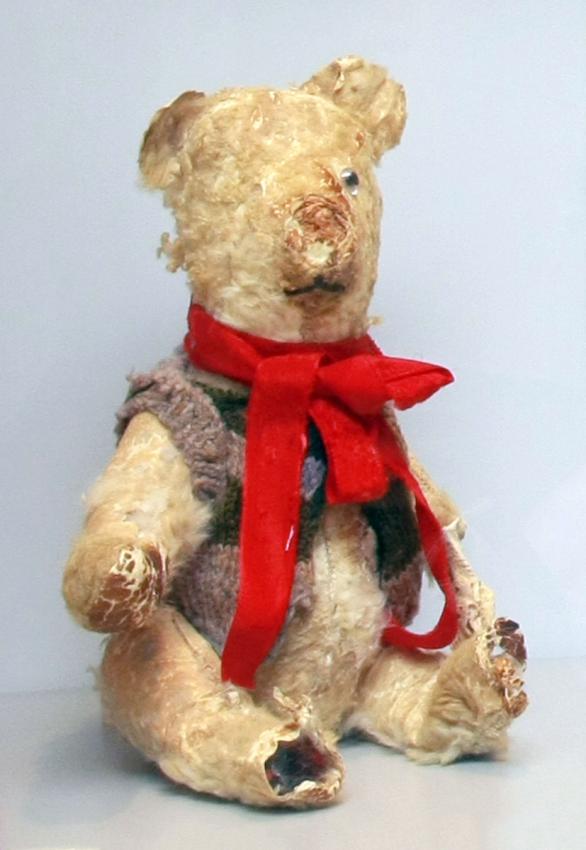
Teddy-bear that Stella Knobel took with her when her family fled Krakow
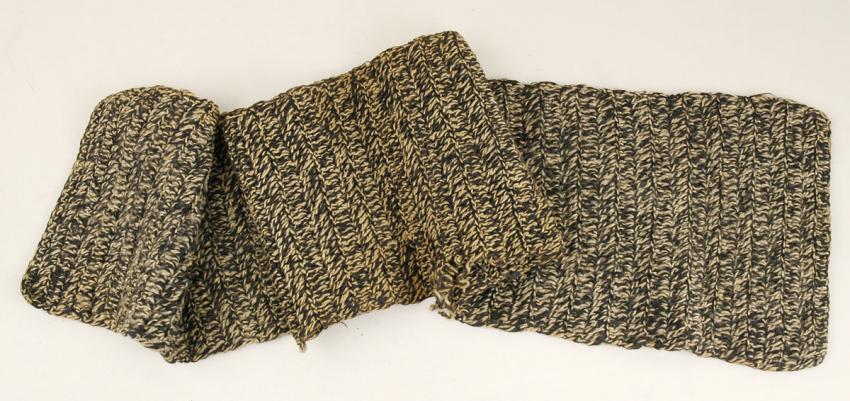
Woolen scarf that Feliks Goldwag received from his father before escaping from occupied Warsaw
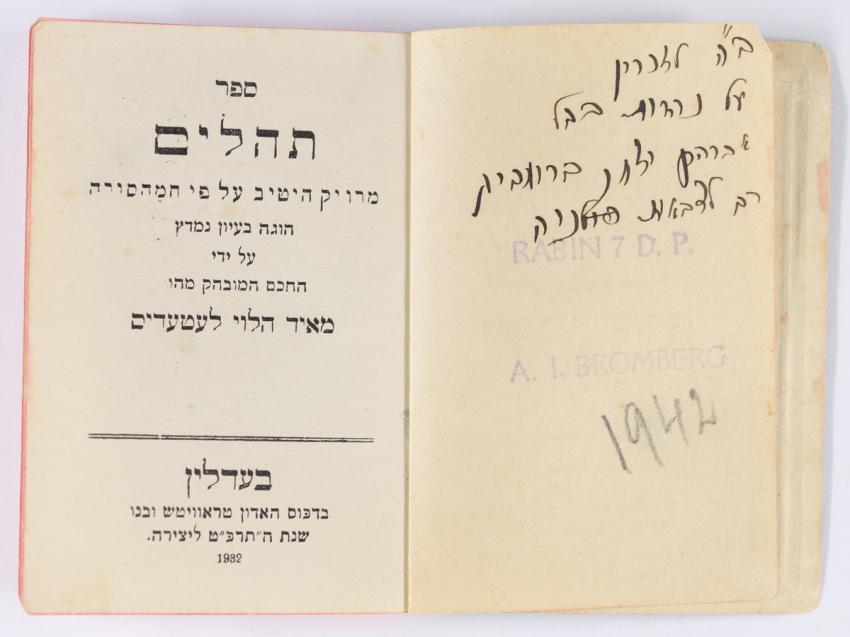
“Tehillim” (Psalms) Belonging to Tzvi Ginzburg who Joined Anders’ Army
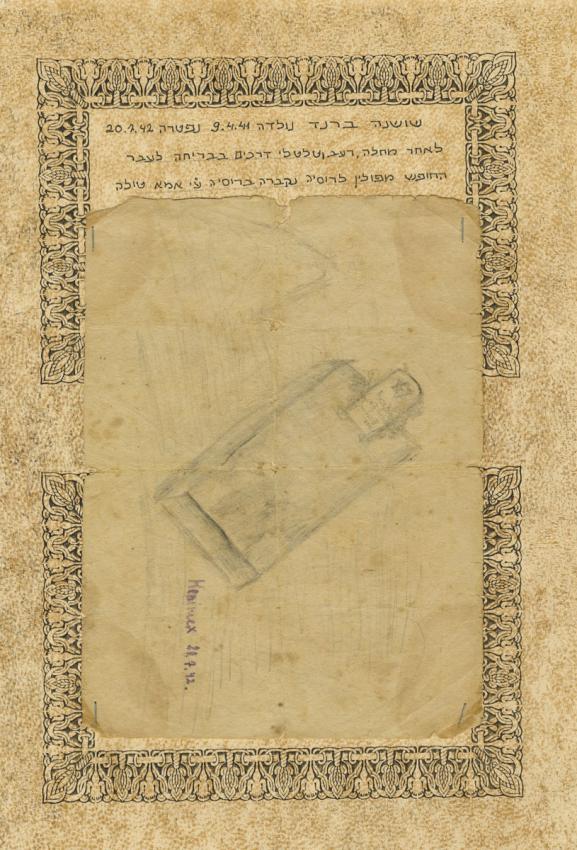
A Drawing of the Grave of Baby Rose Brand
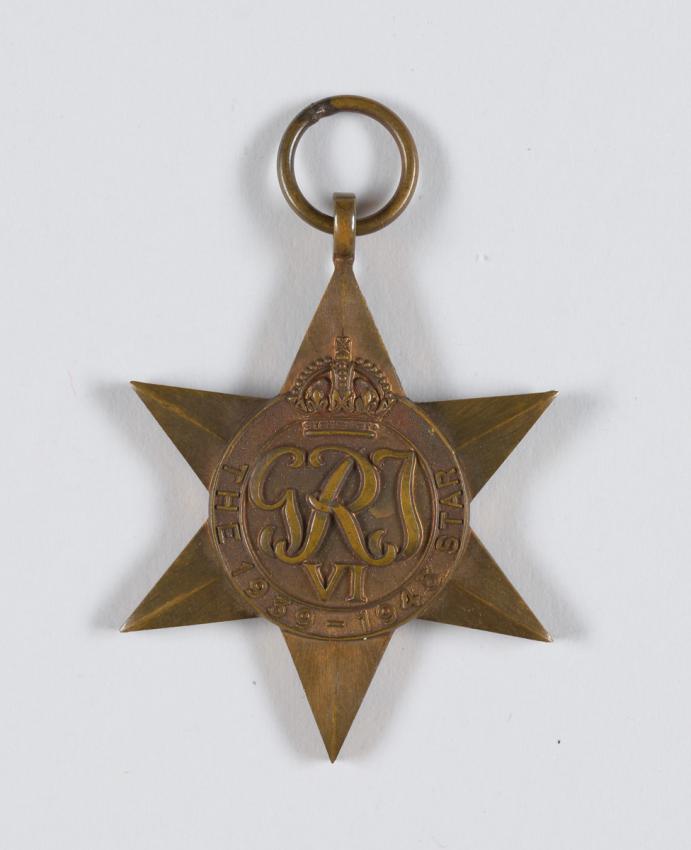
Medals Belonging to Julian Czerwonogora who Served in the Anders Army
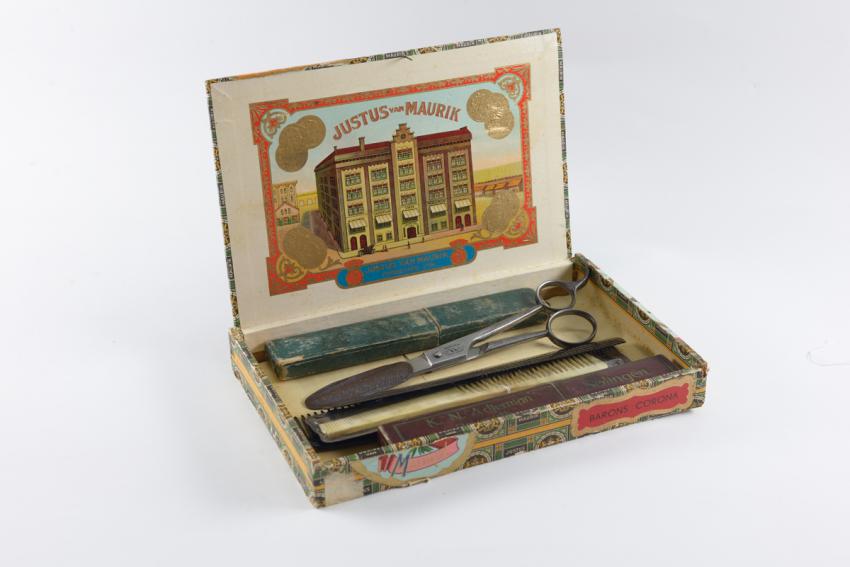
Barber tools Joseph Top took when fleeing Poland for the USSR during the Holocaust
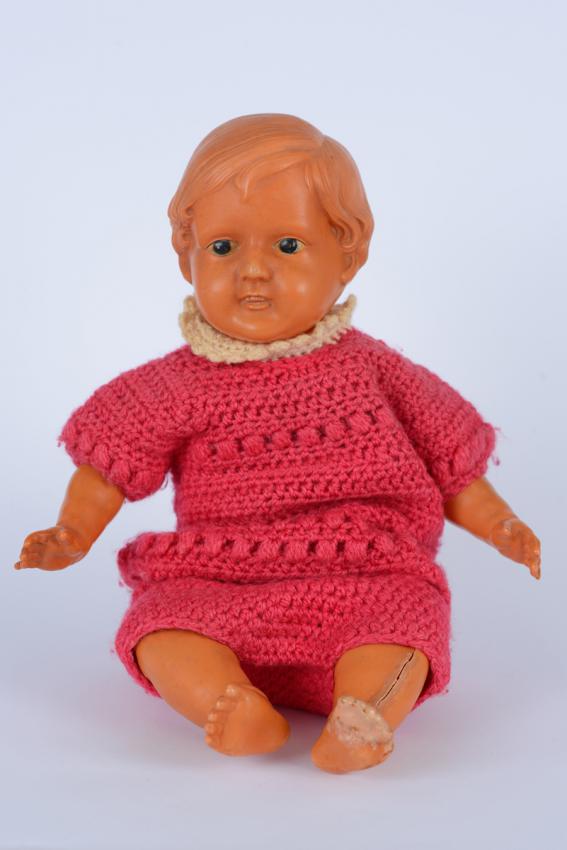
The Doll “Lala” (“Ilana”) that Vera Lifschitz Received in the Transit Camp in Karachi, India (today Pakistan)
